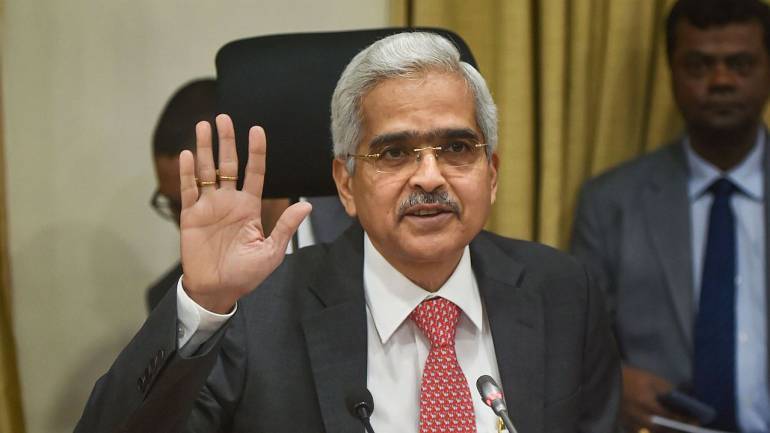The Indian government’s stance on crypto continues to spark controversy. This is especially true after reports spread on social networks suggesting that politicians want to ban all cryptocurrencies except for a sovereign token.
Billionaire venture capitalist Tim Draper was one of those to voice their opinion. The famous bitcoin (BTC) advocate rejected this strategy, describing it as a shame. But that was not enough for an angry Draper, who escalated his criticisms by calling the country’s leaders “pathetic and corrupt.”
People behaving badly! India's government banned Bitcoin, a currency providing great hope for prosperity in a country that desperately needs it. Shame on India leadership. Pathetic and corrupt. #India #bitcoin
— Tim Draper (@TimDraper) July 17, 2019
India Has Not Banned Bitcoin…Yet
Tim Draper is a very straightforward guy and is quite respected in the community both for his bullish sentiment and his success when investing in markets as unpredictable as those revolving around crypto. His most recent adventure with Tezos has brought him great benefits.
Draper’s tweet triggered strong reactions, especially in the Indian crypto community. While there is a sense of alertness to this possibility, a significant number of users criticized Draper for taking a rumor for granted.
Tim, Cryptocurrency is not, and has never been illegal in India
🔹Media created a FUD (again)
🔹Unverified proposal is circulating
🔹It can be rejected by the court
🔹India agreed to FATF Framework
🔹Believe only official court ordersNext court session is on July 23rd
— Shalini⚡ (@DesiCryptoHodlr) July 17, 2019
One of those who tweeted back is Nischal Shetty, CEO of Indian Exchange WazirX. Shetty, who is also one of the leaders in the Indian crypto scene, explained that even if the rumor is true, the government is presenting just a draft of a bill. This does not mean that there is already a law that allows the government to ban the use of virtual currencies.
We've been running #IndiaWantsCrypto and it's gathering a lot of support. I'm sure our Government will involve the community and not implement these draconian suggestions as laid out in the draft bill.https://t.co/9EFU4ESV28
— Nischal (WazirX) ⚡️ (@NischalShetty) July 17, 2019
Indian Crypto Scene Fights Against Anti-Crypto Policies
In the same way, a cyber movement is brewing to give crypto enthusiasts greater visibility. The hashtag #IndiaWantsCrypto is ensuring Indian policymakers receive in their feeds the arguments of the community in favor of the use and adoption of cryptocurrencies.
The Indian government is known for its anti-crypto stance. The RBI has tried on several occasions to counter the adoption and trading of bitcoin, which it considers a risk to the country’s economic stability.

Previously the RBI sought to close exchanges, freeze accounts of crypto users, and remove crypto from the country’s regulatory sandbox. This bill is now the latest attempt to kill all at once the adoption of cryptocurrencies in the country.
This posture has caused other projects to lose interest in the country regardless of how attractive the Indian market is. Facebook recently announced that it would not launch its Libra cryptocurrency in the country due to the uncertainty of a possible ban on this type of technology.
A Very Dangerous Rumor
The bill Draper speaks of was revealed by Varun Sethi, an Indian blockchain lawyer, on July 15. The text is explicitly anti-crypto and leaves no room for doubt:
“No person shall mine, generate, hold, sell, deal in, issue, transfer, dispose of or use Cryptocurrency in the territory of India.”
If approved in its entirety, bitcoin could not circulate in India – at least not legally. And this is precisely one of the arguments of some anarchists who claim that no matter how hard India tries, it will never actually be able to ban bitcoin.
And while one might argue that India’s efforts to ban crypto may be “pathetic” due to decentralization, it’s also important to accept that calling the government “corrupt” did not generate the best reaction even among those Indians seeking to legalize crypto.